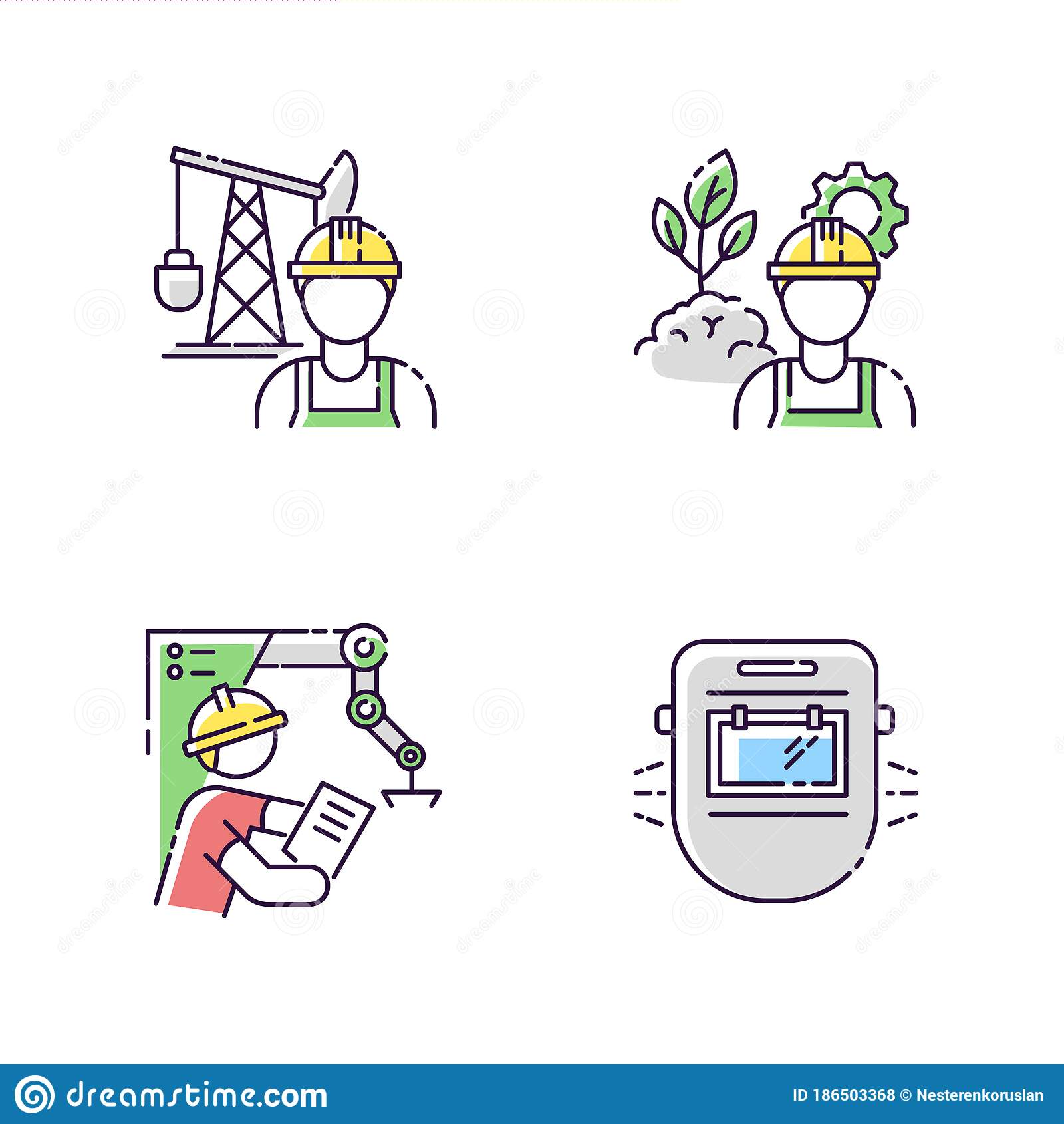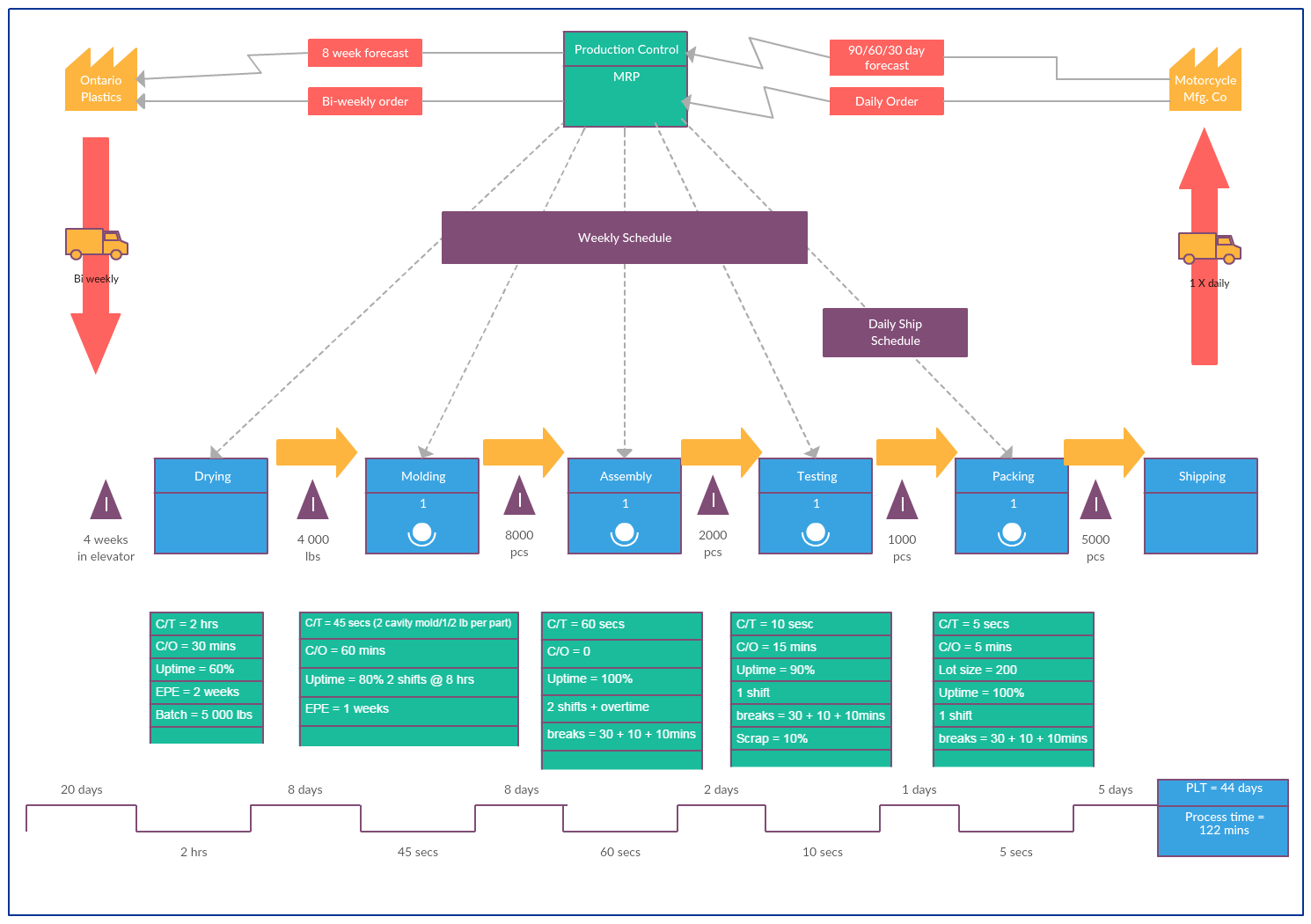
Denver is one of the largest cities in Colorado. It offers a large variety of employment opportunities. It also has several logistics companies which offer a variety of logistics services. These include freight forwarding and trucking as well as logistics and supply chain consulting.
You can choose from a variety of jobs in the logistics sector, such as dispatch manager, warehouse associate, and transportation director. All of these jobs are responsible for making the logistics of an organisation run as smoothly and efficiently as possible.
Dispatch Manager
A dispatcher's main responsibility is to direct and coordinate the work of a group that operates in a contact center or warehouse. This includes evaluating productivity, training new employees, delegating work, and coordinating workloads of team members. Dispatch supervisors usually hold a bachelor's in business management, logistics or similar field and have experience organizing workflows.
Transportation Director
A transportation manager is responsible for logistics in a business, school or government department. This includes arranging distribution routes, and transportation methods like trucks or buses to transport products.

This career is suited to those who want to work for a larger company or government agency. It is a very competitive job, so you should have excellent organizational skills and be willing to work long hours.
Warehouse Associate
If you are looking for a job that is not as competitive, but offers a more flexible schedule, consider a warehouse associate. A warehouse employee is usually responsible for small projects like picking shipments, packaging products and moving merchandise.
You can start your job search by creating a Monster profile. This will allow you to be notified about all of the relevant logistics jobs in your area.
You can also receive expert guidance on how you can make the most out of your job search, negotiate your salary and more.
Logistics Manager
If you want to become a logistics manager, you should have at least a bachelor's degree in supply chain management or business administration. To become a logistics manager, you need to have at least one year of experience in a professional warehouse setting. You should also possess strong organizational abilities. To become a senior logistic manager, you can earn a Master's Degree in Supply Chain Management or another field related.

Logistik Analyst
A logistician monitors and changes the logistics within a business to better help them achieve their goals. This includes evaluating inventory levels, scheduling delivery times, and determining budget constraints. A logistics analysts must possess a bachelor’s degree, either in business or in engineering. He/she should also have some experience working with the logistics within a certain industry.
The logistics industry is growing and there are many jobs to choose from. Set up your free Monster account today if you're ready to begin a career. This will increase your chances of landing the ideal logistics job.
FAQ
What skills are required to be a production manager?
Being a production planner is not easy. You need to be organized and flexible. You must also be able to communicate effectively with clients and colleagues.
What types of jobs can you find in logistics
There are many jobs available in logistics. Here are some:
-
Warehouse workers – They load and unload pallets and trucks.
-
Transportation drivers – These drivers drive trucks and wagons to transport goods and pick up the goods.
-
Freight handlers – They sort and package freight at warehouses.
-
Inventory managers - They oversee the inventory of goods in warehouses.
-
Sales representatives - They sell products to customers.
-
Logistics coordinators – They plan and coordinate logistics operations.
-
Purchasing agents: They are responsible for purchasing goods and services to support company operations.
-
Customer service representatives - They answer calls and emails from customers.
-
Ship clerks - They issue bills and process shipping orders.
-
Order fillers are people who fill orders based only on what was ordered.
-
Quality control inspectors – They inspect incoming and outgoing products to ensure that there are no defects.
-
Others - There are many other types of jobs available in logistics, such as transportation supervisors, cargo specialists, etc.
What are the 7 Rs of logistics?
The 7R's of Logistics is an acronym for the seven basic principles of logistics management. It was developed and published by the International Association of Business Logisticians in 2004 as part of the "Seven Principles of Logistics Management".
The acronym is made up of the following letters:
-
Responsive - ensure all actions are legal and not harmful to others.
-
Reliable - Have confidence in your ability to fulfill all of your commitments.
-
Use resources effectively and sparingly.
-
Realistic - consider all aspects of operations, including cost-effectiveness and environmental impact.
-
Respectful - treat people fairly and equitably.
-
Reliable - Find ways to save money and increase your productivity.
-
Recognizable - Provide value-added services to customers
What does manufacturing industry mean?
Manufacturing Industries is a group of businesses that produce goods for sale. These products are sold to consumers. To accomplish this goal, these companies employ a range of processes including distribution, sales, management, and production. They create goods from raw materials, using machines and various other equipment. This includes all types and varieties of manufactured goods, such as food items, clothings, building supplies, furnitures, toys, electronics tools, machinery vehicles, pharmaceuticals medical devices, chemicals, among others.
What is the best way to learn about manufacturing?
Hands-on experience is the best way to learn more about manufacturing. But if that is not possible you can always read books and watch educational videos.
Why is logistics important for manufacturing?
Logistics are an integral part any business. They enable you to achieve outstanding results by helping manage product flow from raw materials through to finished goods.
Logistics play a key role in reducing expenses and increasing efficiency.
Statistics
- In the United States, for example, manufacturing makes up 15% of the economic output. (twi-global.com)
- (2:04) MTO is a production technique wherein products are customized according to customer specifications, and production only starts after an order is received. (oracle.com)
- You can multiply the result by 100 to get the total percent of monthly overhead. (investopedia.com)
- [54][55] These are the top 50 countries by the total value of manufacturing output in US dollars for its noted year according to World Bank.[56] (en.wikipedia.org)
- Many factories witnessed a 30% increase in output due to the shift to electric motors. (en.wikipedia.org)
External Links
How To
How to Use lean manufacturing in the Production of Goods
Lean manufacturing is a management style that aims to increase efficiency and reduce waste through continuous improvement. It was created in Japan by Taiichi Ohno during the 1970s and 80s. He received the Toyota Production System award (TPS), from Kanji Toyoda, founder of TPS. Michael L. Watkins published the "The Machine That Changed the World", the first book about lean manufacturing. It was published in 1990.
Lean manufacturing can be described as a set or principles that are used to improve quality, speed and cost of products or services. It emphasizes eliminating waste and defects throughout the value stream. The five-steps of Lean Manufacturing are just-in time (JIT), zero defect and total productive maintenance (TPM), as well as 5S. Lean manufacturing emphasizes reducing non-value-added activities like inspection, rework and waiting.
Lean manufacturing not only improves product quality but also reduces costs. Companies can also achieve their goals faster by reducing employee turnover. Lean manufacturing has been deemed one of the best ways to manage the entire value-chain, including customers, distributors as well retailers and employees. Lean manufacturing is widely used in many industries. Toyota's philosophy is the foundation of its success in automotives, electronics and appliances, healthcare, chemical engineers, aerospace, paper and food, among other industries.
Lean manufacturing includes five basic principles:
-
Define value - Find out what your business contributes to society, and what makes it different from other competitors.
-
Reduce Waste – Eliminate all activities that don't add value throughout the supply chain.
-
Create Flow: Ensure that the work process flows without interruptions.
-
Standardize and Simplify – Make processes as consistent, repeatable, and as simple as possible.
-
Develop Relationships: Establish personal relationships both with internal and external stakeholders.
Lean manufacturing isn’t new, but it has seen a renewed interest since 2008 due to the global financial crisis. Many companies have adopted lean manufacturing methods to increase their marketability. Some economists even believe that lean manufacturing can be a key factor in economic recovery.
Lean manufacturing is now becoming a common practice in the automotive industry, with many benefits. These include higher customer satisfaction levels, reduced inventory levels as well as lower operating costs.
Any aspect of an enterprise can benefit from Lean manufacturing. Because it makes sure that all value chains are efficient and effectively managed, Lean Manufacturing is particularly helpful for organizations.
There are three main types:
-
Just-in-Time Manufacturing: Also known as "pull systems", this type of lean manufacturing uses just-in-time manufacturing (JIT). JIT means that components are assembled at the time of use and not manufactured in advance. This approach reduces lead time, increases availability and reduces inventory.
-
Zero Defects Manufacturing: ZDM ensures that no defective units leave the manufacturing plant. Repairing a part that is damaged during assembly should be done, not scrapping. This applies to finished products, which may need minor repairs before they are shipped.
-
Continuous Improvement: Continuous Improvement aims to improve efficiency by continually identifying problems and making adjustments to eliminate or minimize waste. Continuous Improvement involves continuous improvement of processes.